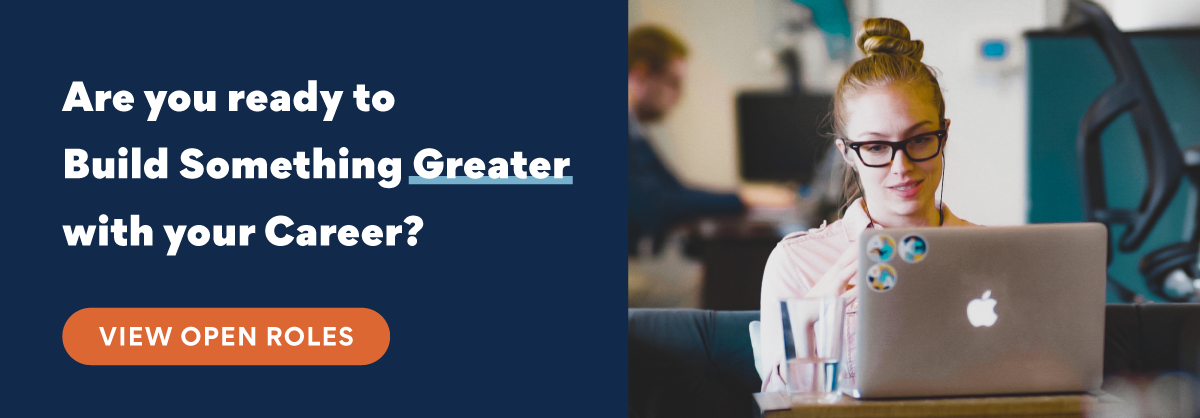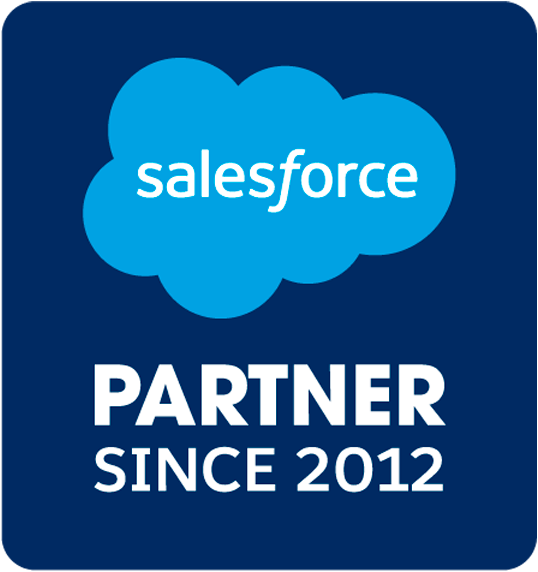As Torrent has focused on its own social impact strategy over the last year, we’ve relied on a wide range of authors, speakers and experts to inform and inspire us. Here are four resources (along with some bonus options!) that have changed the way we think about our communities, impact and our role to support and empower others.
#1. Fast Company Innovators Uncensored: Hamdi Ulukaya (CEO of Chobani)
We love this Fast Company podcast from Chobani founder and owner Hamdi Ulukaya for its personal look at a successful, impact-driven business. While Ulukaya doesn’t define himself as a social entrepreneur, his commitment to impact through hiring and treating his employees well makes the company fully focused on both profit and purpose.
When Chobani experienced rapid growth, they found themselves with a talent gap. They had hired as much as they could from the areas around their plants, but still needed more employees. When he learned that refugees were struggling to find employment, Ulukaya began hiring them, providing transportation and translators to ease their transition.
At the same time, the company stayed fiercely competitive — they still maintain about 36% of the market share for Greek yogurt. Ulukaya credits a lot of his success to his employees, both locally born and refugee. In a 2017 Fast Company article, he said, “[Refugees] are the light of the plant. Yes, I built a $450 million plant and all that stuff, but the part I love the most is becoming this hub for building lives.”
Our Takeaway: Businesses can be both competitive and impact driven. You can put people first and still create a competitive, cutting-edge product.
#2. Poverty, Inc.
Poverty Inc. is a documentary (available on Amazon Prime and Netflix) that challenges commonly held beliefs about the way we approach charity and volunteer work. The creators argue that traditional charitable methods often benefit the givers more than the recipients by disempowering the recipients’ own businesses and solutions.
They give the example of a Rwandan egg farmer who was starting his own business. Shortly after he started, a well-meaning organization from the United States shipped over a large quantity of free eggs to help with the area’s hunger problem. Overnight, he was put out of business — and when the free eggs were gone, his village was still facing a long-term hunger problem.
The film contends that short-term aid makes the giver feel good and does address a need — in the short term. In the long term, it crashes local businesses and disrupts local solutions with long-term potential. Instead, organizations need to create more innovative, long-term solutions that empower communities.
Our Takeaway: Look at longer-term, innovative solutions that empower people and create more opportunity.
Other Resources: Toxic Charity/Charity Detox
#3. Give Work
What do we do when broken charitable systems don’t solve the problems they’re designed to address? In her book Give Work, Leila Janah argues that we should tap — and treat equally — the wealth of talent around the globe.
“Talent is equally distributed, opportunity is not,” Janah writes in her book. The daughter of Indian immigrants, Janah spent a year in a small village in East Africa with few resources after graduating high school. This experience, combined with her business acumen, led her to look at business and nonprofit in a new way. Instead of “outsourcing,” Janah advocates “impact sourcing” by placing technology-driven work opportunities in areas of concentrated poverty. Giving people access to work allows them to create long-term, sustainable resources for their families, creating increased opportunity and affluence for the large number of people that her company employs.
Read the book or listen to her TedxTalk to learn more.
Our Takeaway: Businesses can (and should!) be part of solving issues of poverty and inequality.
Other Resources: Giving Back Podcast: Cloud Factory
Social mobility is the ability of a child to move from poverty to affluence in their lifetime. Communities are focusing more on issues that contribute to a lack of social mobility to make their neighborhoods healthier and to provide more opportunity. Lack of social capital is considered one of the main barriers to mobility.
The Other Wes Moore is a personal, detailed look at how social capital contributes to an individual’s opportunity and success. Wes Moore is a nonprofit CEO, social entrepreneur and best-selling author who grew up in Baltimore. His most famous book is a look at the importance of social capital and sharing resources to empower others. The summary of the book describes it like this:
“Two kids named Wes Moore were born blocks apart within a year of each other. Both grew up fatherless in similar Baltimore neighborhoods and had difficult childhoods; both hung out on street corners with their crews; both ran into trouble with the police. How, then, did one grow up to be a Rhodes Scholar, decorated veteran, White House Fellow, and business leader, while the other ended up a convicted murderer serving a life sentence?”
Wes spent a year interviewing the other Wes Moore to trace the factors that led one to success and the other to a long-term prison sentence. It’s a look at the way social capital and networks support success in our communities and the reasons that many people don’t have access to them.
Wes advocates individuals and businesses expanding their networks and providing access to students and networks outside their normal channels. He believes that when we support each other, our neighborhoods and communities grow stronger, poverty decreases and that everyone’s life is better.
Our Takeaway: It’s our responsibility to use our networks and social connections to empower others. We have to be intentional about looking outside of our traditional networks to make sure we give a wide number of people access to opportunity.
Other Resources: Revisionist History: Carlos Doesn’t Remember




